The 27 other leaders of Europe and their views on Brexit
Talks on UK’s exit have been banned at this week’s EU summit in Romania but everyone has an opinion
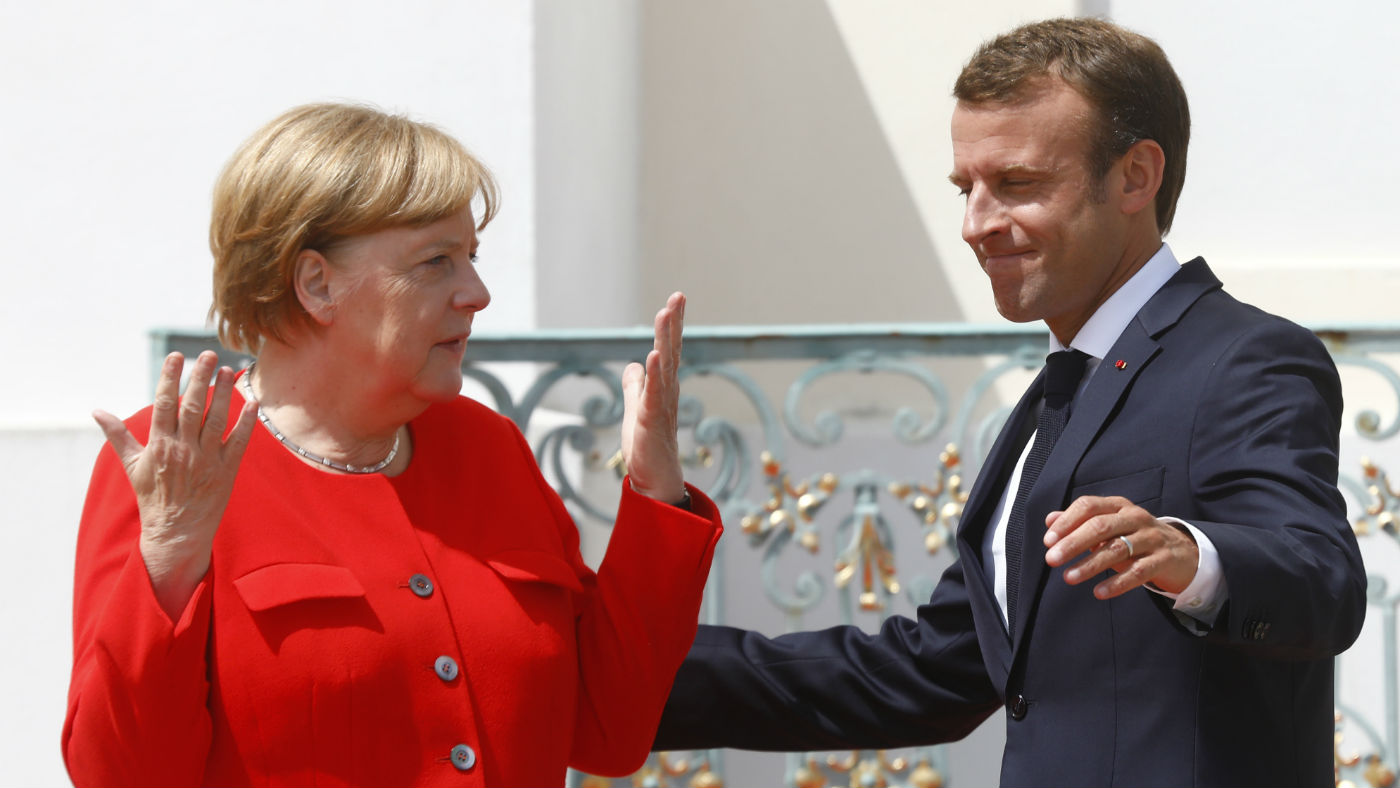
A free daily email with the biggest news stories of the day – and the best features from TheWeek.com
You are now subscribed
Your newsletter sign-up was successful
Brexit discussions have been banned at tomorrow’s EU leaders summit in Romania, with Theresa May swerving the meeting.
But it’s clear they can’t escape the issue for long. Speaking at a lunchtime press conference in Brussels, Jean-Claude Juncker, the European Commission president, summed up the view in the EU capital with a quip.
“Everyone understands English,” he said, as he switched languages from French. “No one understands England – but everyone understands English.”
The Week
Escape your echo chamber. Get the facts behind the news, plus analysis from multiple perspectives.

Sign up for The Week's Free Newsletters
From our morning news briefing to a weekly Good News Newsletter, get the best of The Week delivered directly to your inbox.
From our morning news briefing to a weekly Good News Newsletter, get the best of The Week delivered directly to your inbox.
Brexit will likely be back on the agenda at a meeting in Brussels in June. So who are the leaders of the EU’s other 27 countries and what do they think of the UK’s attempt to depart the bloc?
Austria - Sebastian Kurz
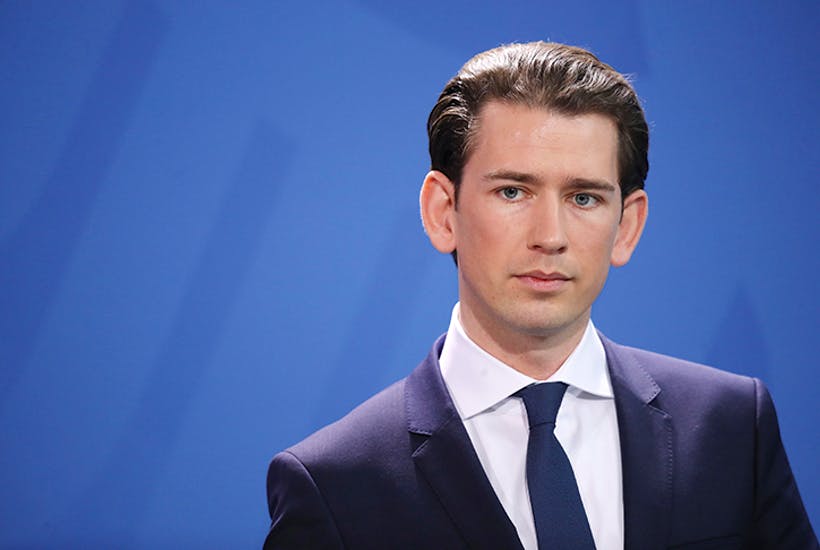
Like many of his colleagues Kurz remains pretty downbeat in his assessment of Brexit: “The Brexit decision is a decision we see very negatively,” he told reporters earlier this year. He has also remained pretty hardline in his stance on the UK’s continued uncertainty.
For the Austrian leader, the fact that the UK is taking part in the upcoming European Parliament elections is “absurd”.
A free daily email with the biggest news stories of the day – and the best features from TheWeek.com
“They are going to leave Europe and if somebody wants to leave the European Union, it wouldn’t be understandable why this country should take part in the European elections,” he said.
Belgium - Charles Michel
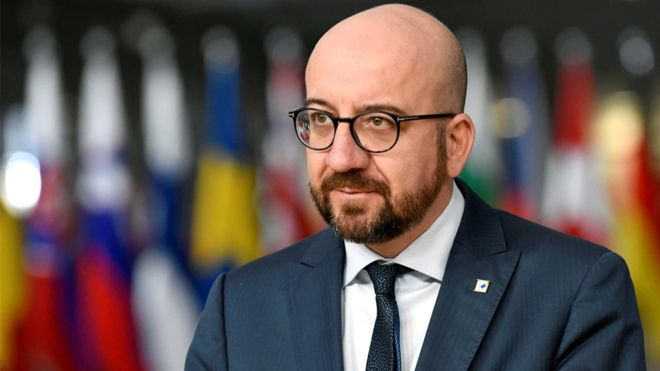
As prime minister of one of the countries most directly affected by Brexit, Michel has been keen to be seen as more of an ally than a foe of Theresa May’s. Despite this he told the Financial Times recently: “It’s more and more for us a very strange soap, a very strange movie - this impossibility for the British parliament to find clarity about what they want for the future.”
Bulgaria - Boyko Borisov
As the leader of a country that stands to lose €111m (£95.6m) if the UK exits without a deal, it is no surprise that Borisov has repeatedly argued for Brexit to be stopped. “I truly hope the British come back to the European Union,” he said. “One doesn’t make the right decision every time so it’s not embarrassing to change your mind.”
Croatia - Andrej Plenkovic
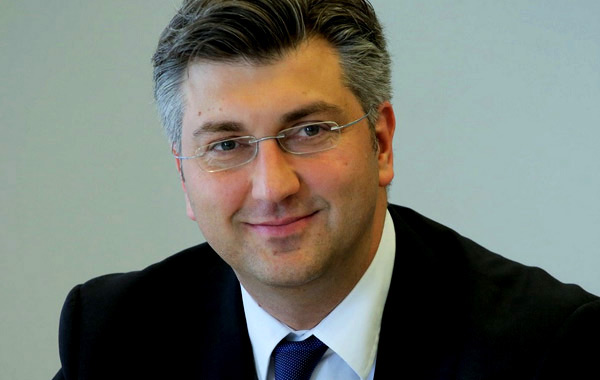
May has found something of an ally in the Croatian PM, who has repeatedly sympathised with the British prime minister’s efforts to take her country out of the EU in an orderly manner.
“It was a completely unnecessary referendum and we are all living with the consequences of the bad political assessments of the previous British prime minister,” Plenkovic said at a security conference in Munich in February.
Cyprus - Nicos Anastasiades
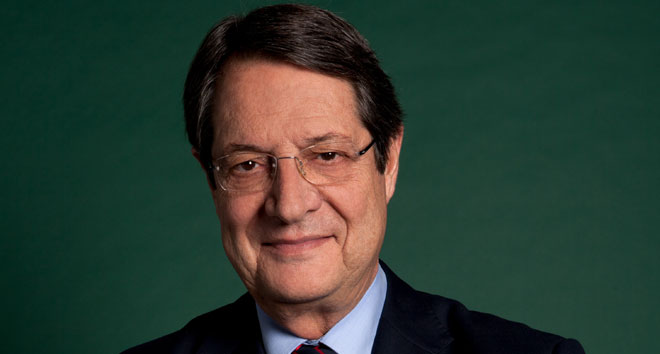
The UK is Cyprus’s biggest tourist market and President Anastasiades has repeatedly voiced his concerns that the protracted uncertainty caused by Brexit would discourage Britons from going on holiday this year.
“We have taken all necessary measures, without it meaning that we will absorb all of the impact,” Anastasiades said. “How do you replace one million British tourists if half decide not to come due to the uncertainty?”
Czechia - Andrej Babis
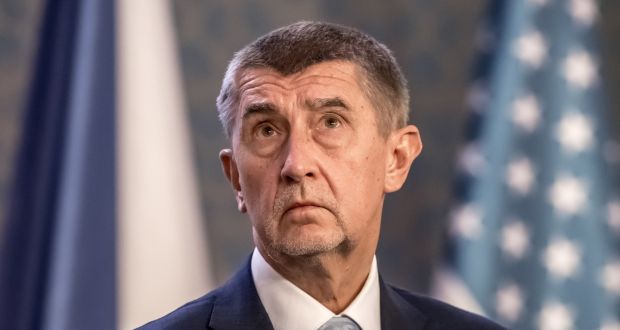
Babis has been one of the more vocal critics of the Brexit process, saying that he was “very unhappy” that the UK was leaving and that “it would be better maybe to make another referendum and the people in the meantime could change their view”.
Denmark - Lars Lokke Rasmussen
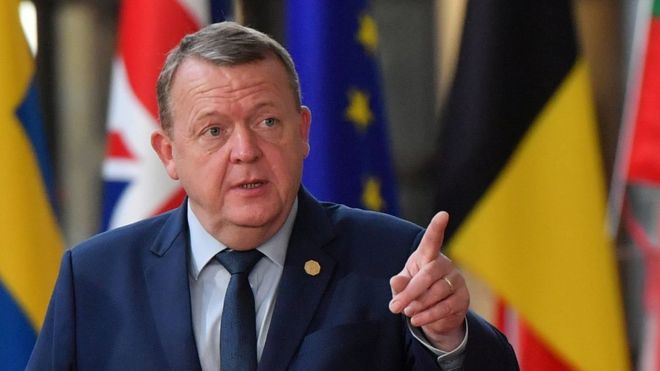
The Danish PM, who has called a general election for early June, is renowned for his scathing remarks about the UK’s handling of Brexit. He has also quashed any thoughts of a possible Dexit, saying: “It would be completely irresponsible to toy with the idea of copying the circus that is playing out in Britain at the moment.
“With an economy that’s suffering... with a paralysed political system that is melting down.”
Estonia - Juri Ratas
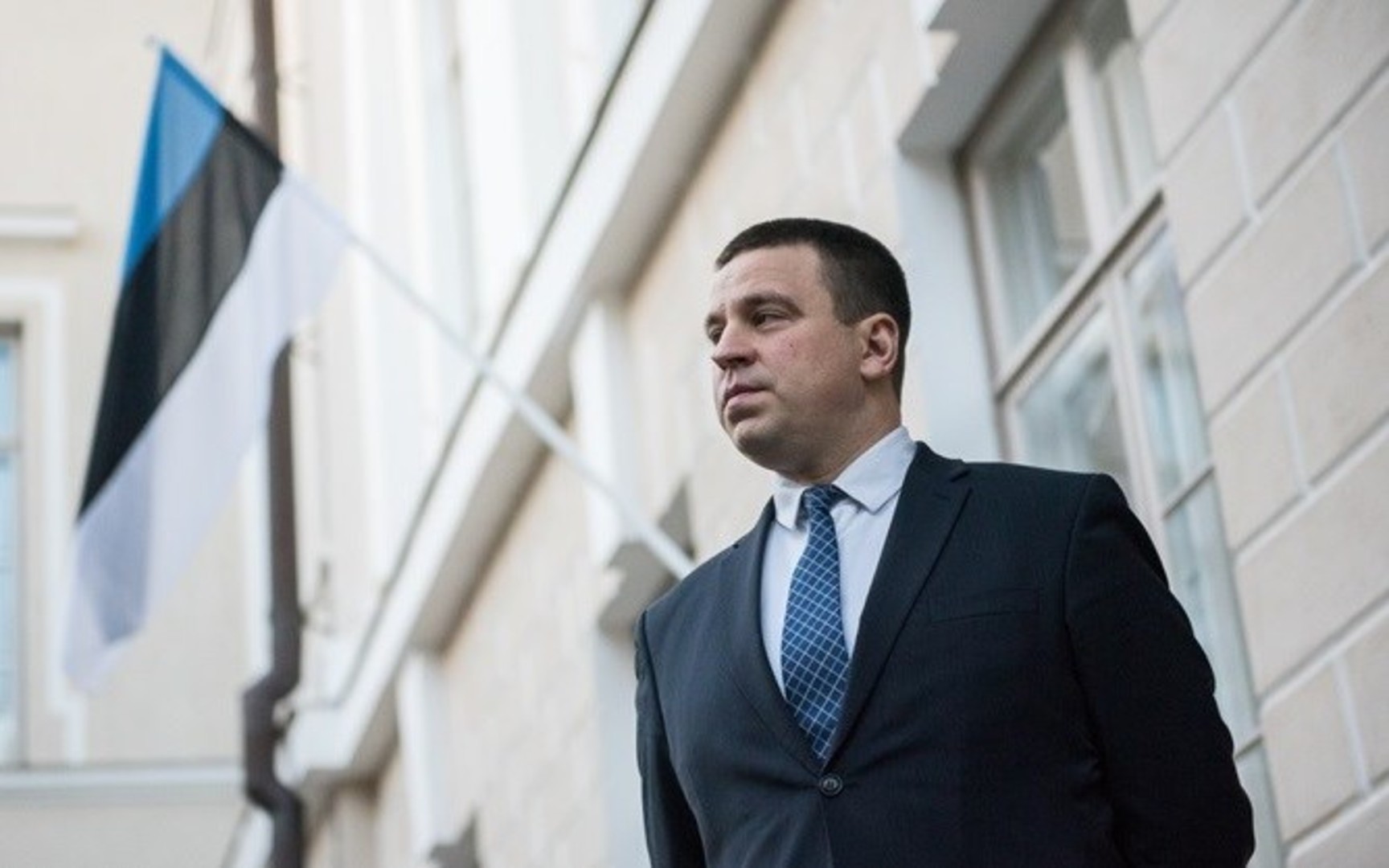
One of the lesser known politicians on the EU stage, Ratas has remained rather quiet save for a couple of pronouncements on the importance of the EU staying together as a group. Ratas, perhaps wary of increased Russian military build-up on his doorstep, told CNBC in January that “we must find also very good, and close, and strategic relations between the UK and the EU, after the Brexit, as well”.
Finland - Juha Sipila
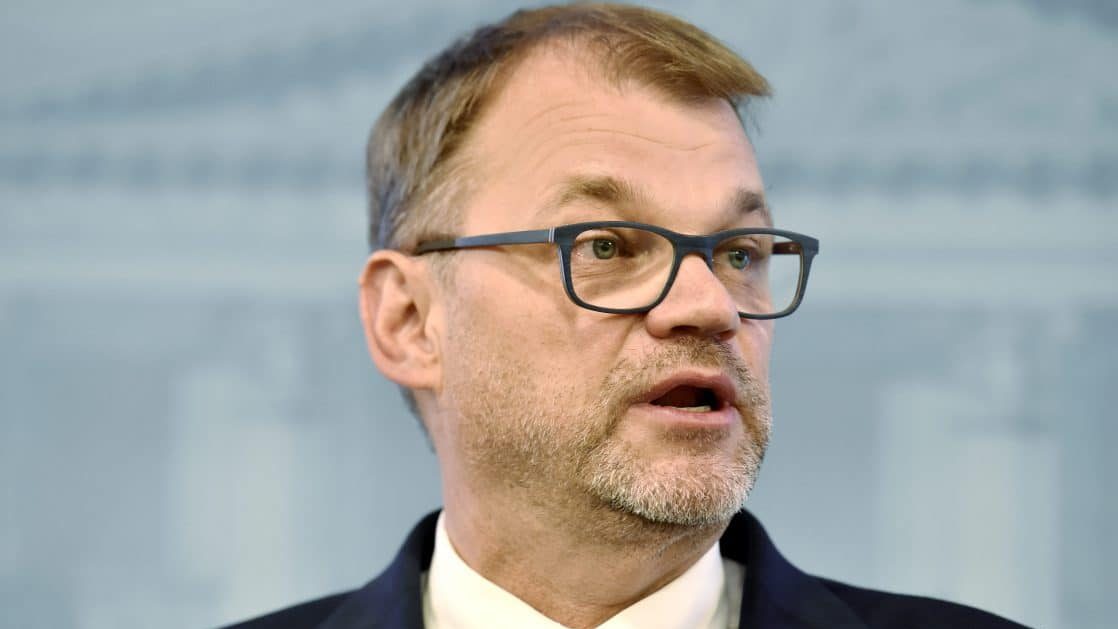
The Finnish PM has been broadly supportive of May but earlier this year spoke of his frustration with the lack of progress on the UK’s withdrawal.
“Brexit has taken too much time from our decision-making process,” Sipila told Politico, pointing to other challenges such as growth, security and migration. “I hope that this issue will be off our table as soon as possible,” he said.
Asked how frustrated he feels about Brexit on a scale from one to ten, the prime minister answered “12”.
France - Emmanuel Macron
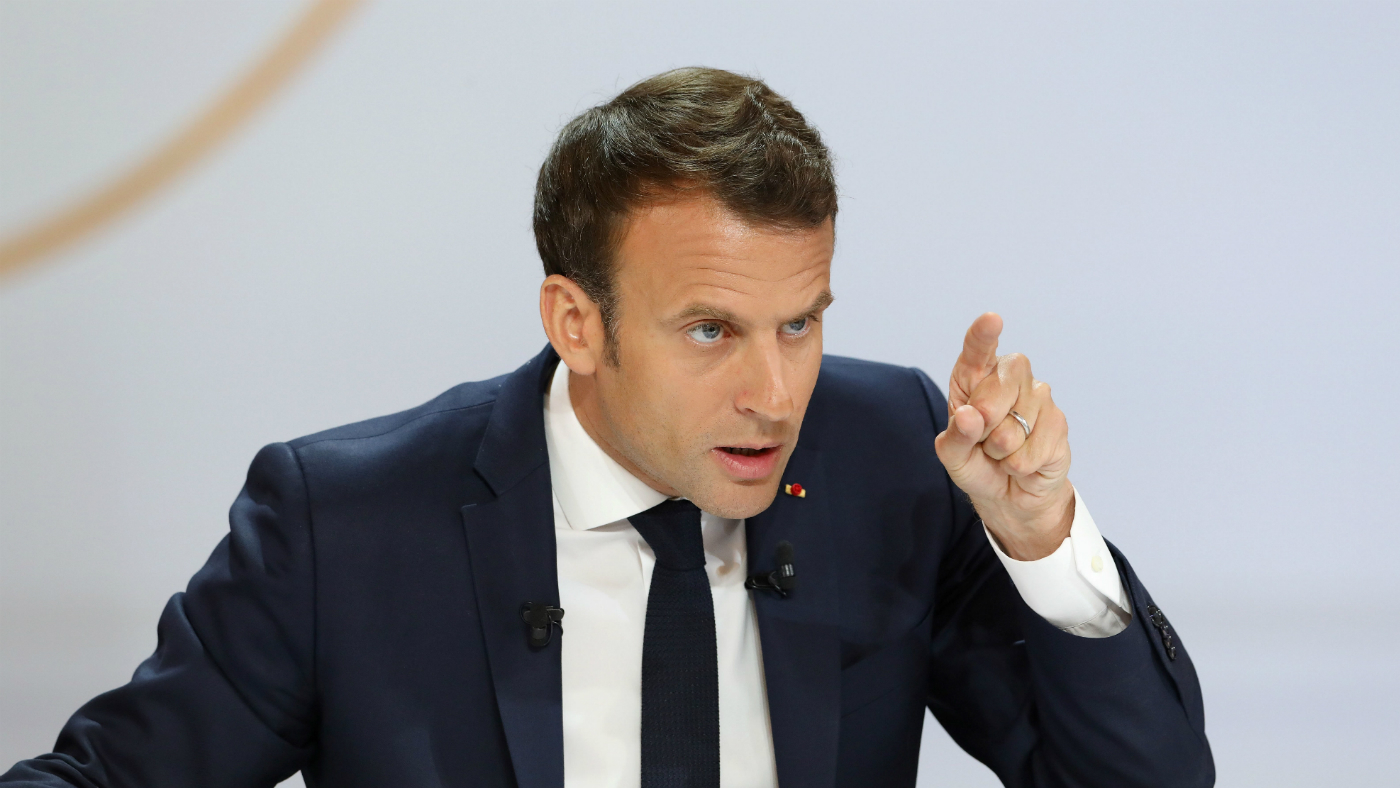
Macron has frequently taken a hardline stance with the UK as he sees Brexit as a threat to the changes he wishes to make to the EU.
“The EU cannot be held hostage to the resolution of a political crisis in the United Kingdom on a long-term basis,” he said last month. What really lies behind Macron’s tough line is that Brexit is becoming a political problem in France. “His grand plan to overhaul the EU, from the eurozone to Schengen, is already complicated enough to deliver and a never-ending Brexit hogging the agenda would limit Macron’s ability to achieve any part of it,” says The Guardian.
“Compared to Merkel, Macron is much more of a hardliner,” Larissa Brunner, analyst at the European Policy Centre in Brussels, told HuffPost UK. “He’s playing the bad cop.”
Germany - Angela Merkel
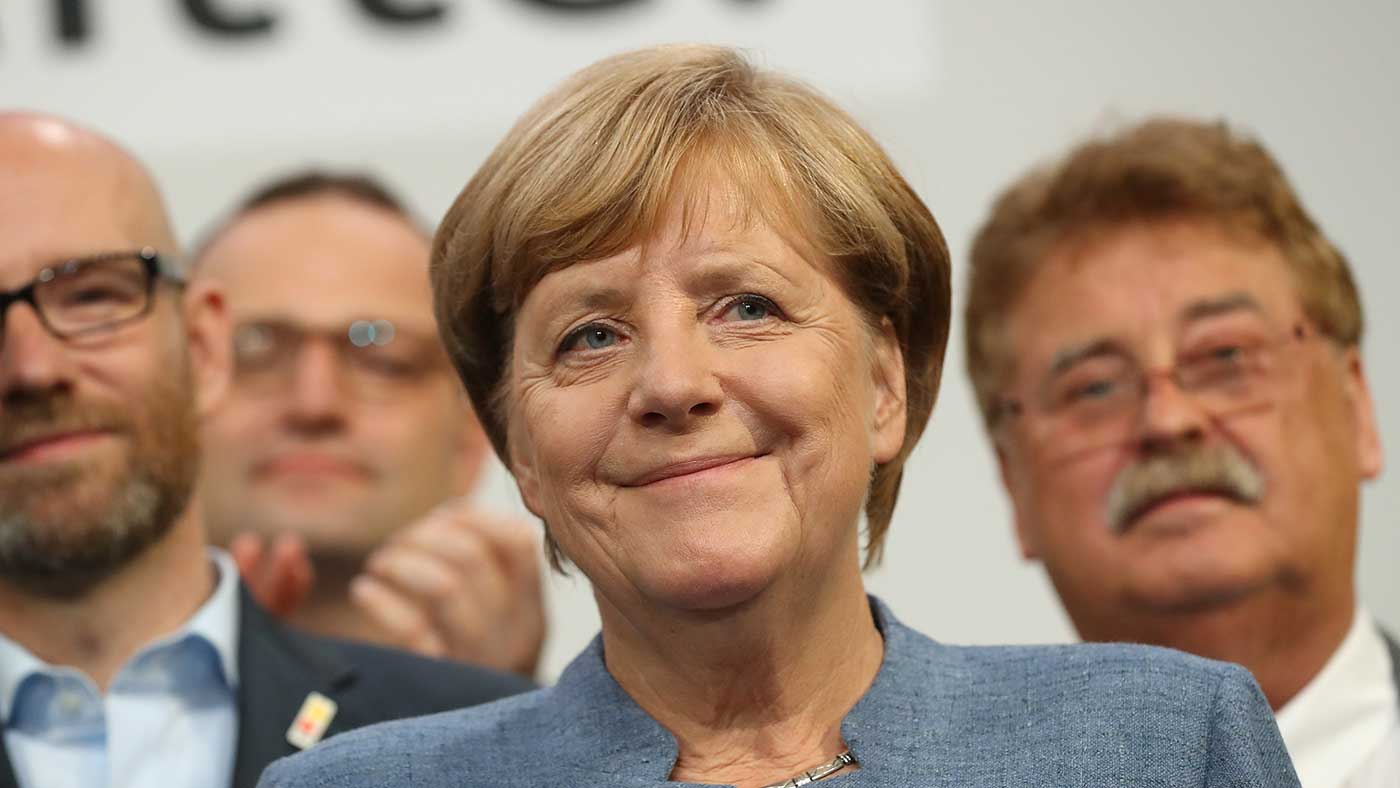
Perhaps the most important person in the discussions, Merkel “has demonstrated [her] powers as a leader” during the Brexit crisis, says The New Yorker.
She has consistently fought for what she describes as an “orderly” Brexit, most recently when she pushed for the UK to be given an extension despite increased pressure to join Macron in his hardline stance and make no concessions to the UK. According to the Financial Times, Merkel warned Macron that history would not judge the leaders of the EU kindly, should they allow a chaotic Brexit out of scorn.
Greece - Alexis Tsipras
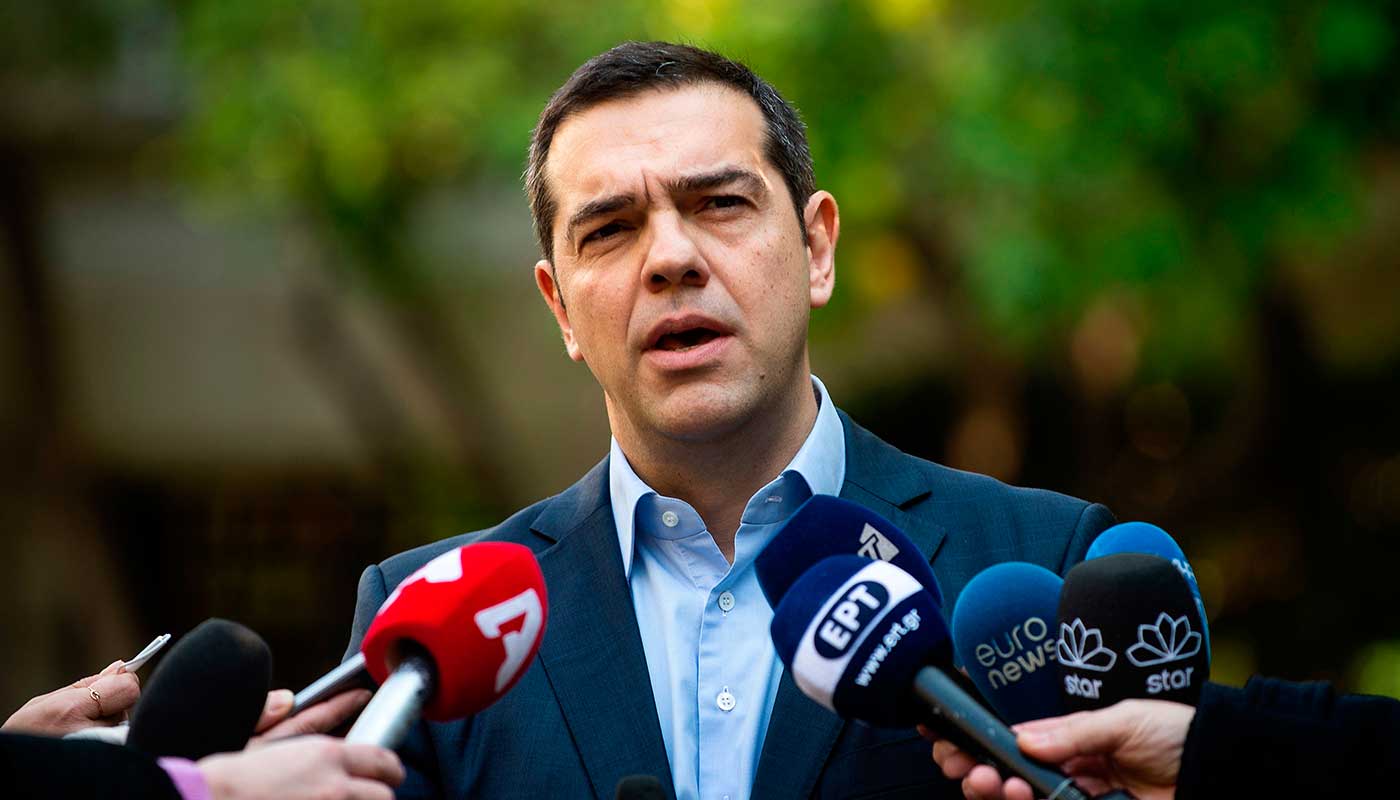
Tsipras, who was PM when Greece almost crashed out of the eurozone at the height of its financial travails in 2015, has said the UK’s Brexit deadlock illustrates the flaws of a “nationalistic approach” and “chauvinist rhetoric”. Unsurprisingly perhaps, for someone who went against the results of a referendum in his own country in July 2015, he has also advocated for a second referendum.
Hungary - Viktor Orban
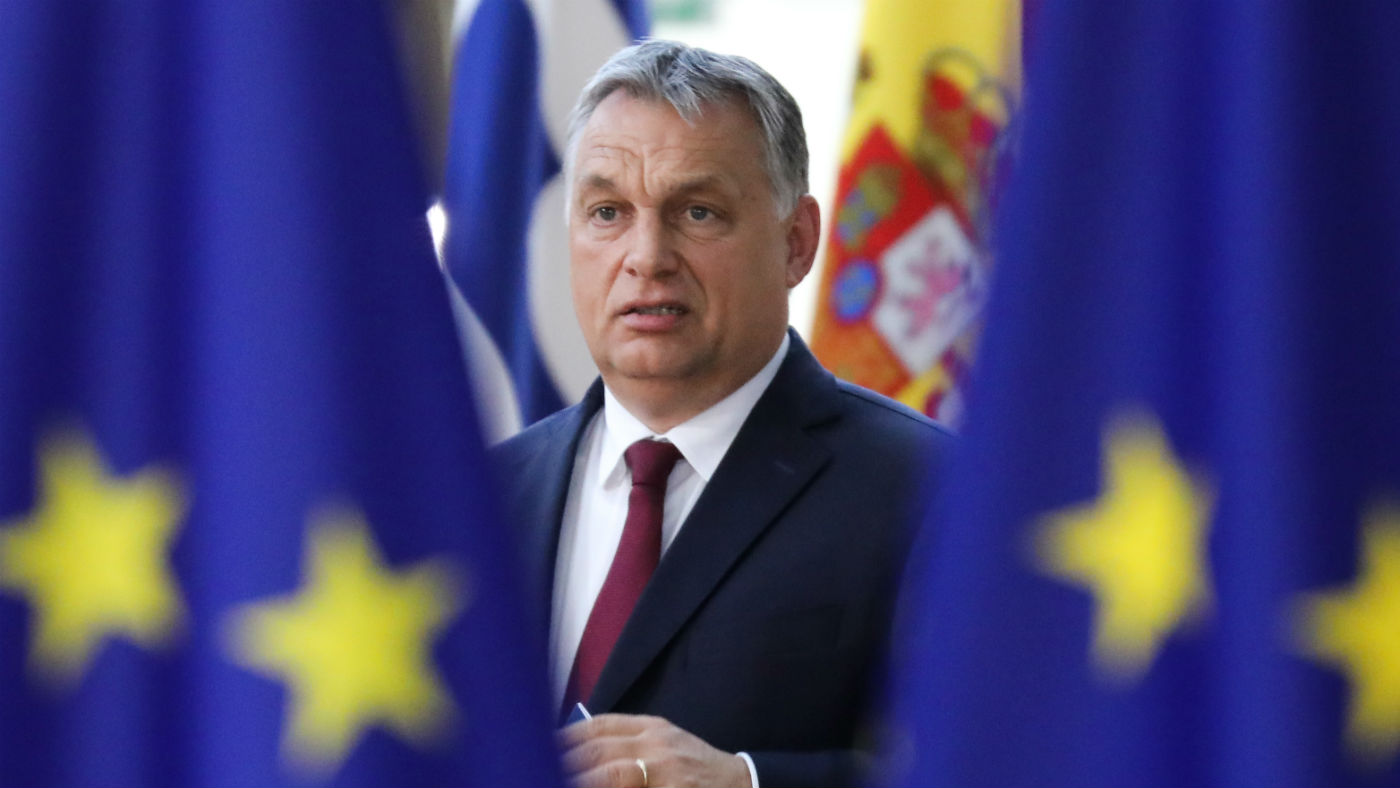
One of a growing band of eurosceptic leaders, Orban had been heralded by hard Brexiteers as someone who may have vetoed the extension to the Article 50 process and thereby triggered a no-deal Brexit. But no such event came to pass and though Orban has attacked the Commission president, Jean-Claude Juncker, over the negotiations, the Hungarian government has stressed the importance of a united EU 27 in the talks.
Ireland - Leo Varadkar
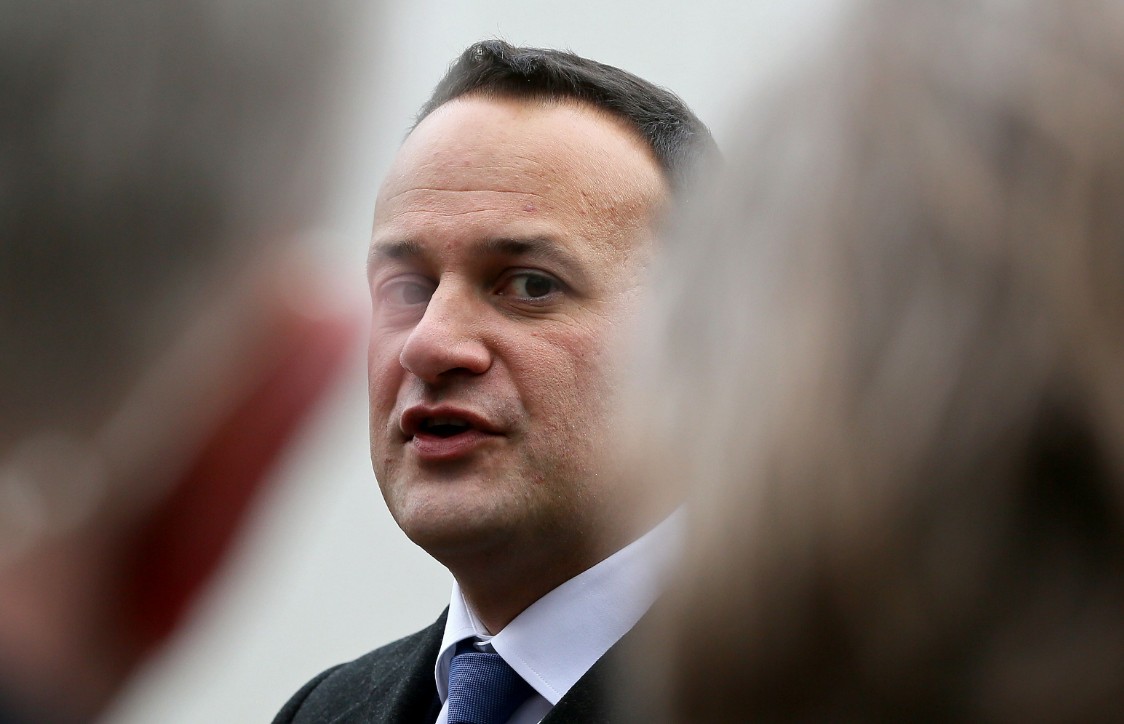
With Ireland standing to be the most directly affected of all the EU 27 by Brexit, Varadkar has been on a charm offensive with the bloc’s leaders. “Brexit didn’t have to be this bad,” the Taoiseach told the Irish national broadcaster RTE in March. He said that the UK “is now consumed with Brexit”, meaning that “they will spend two or three years consumed about what the future relationship is going to be like”. The Republic of Ireland, by contrast, has to “make sure we’re not consumed and defined by it”.
Italy - Giuseppe Conte
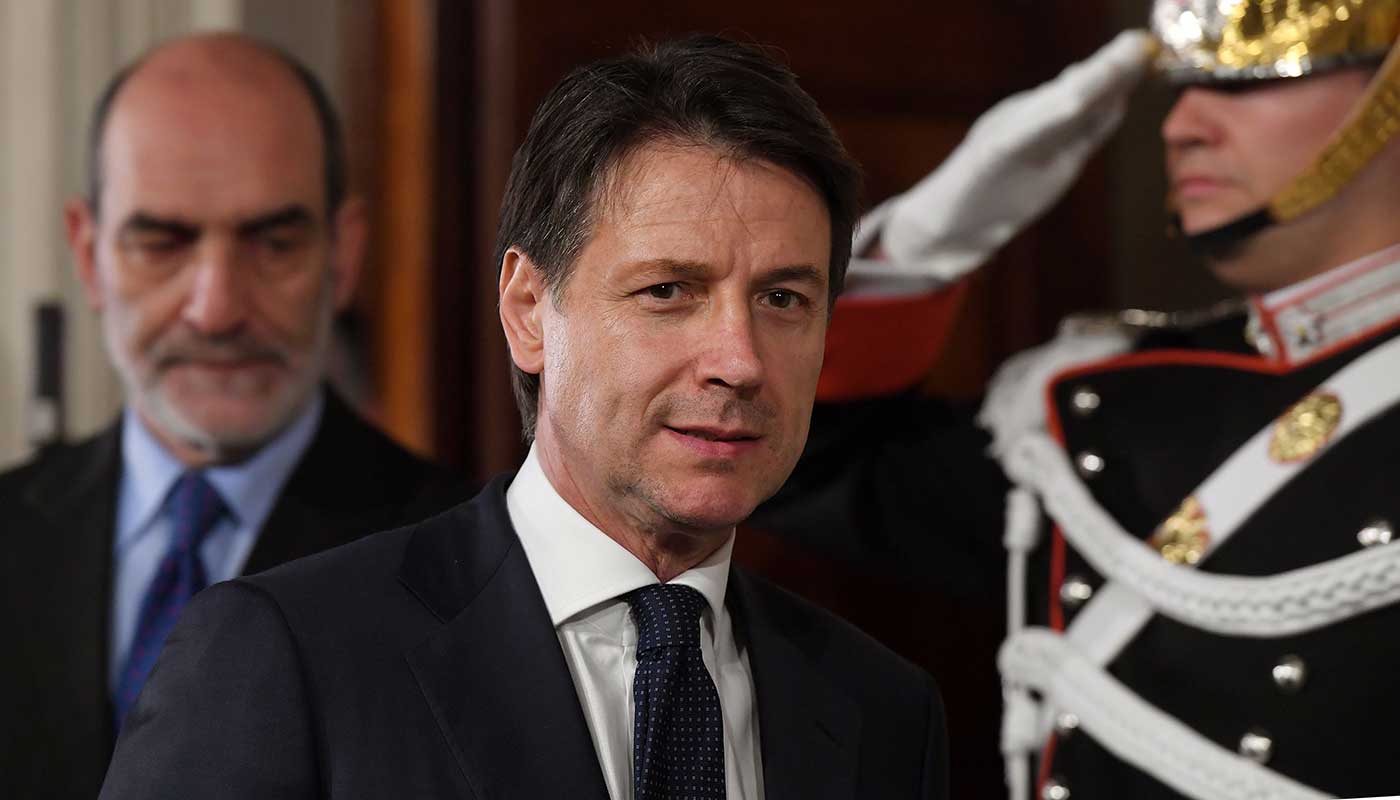
As the leader of a country that has a burgeoning anti-EU feeling, Italy’s PM has stressed the need for an orderly Brexit and acts as a mediator in the tense relationship between Italy and the EU. His two deputies, meanwhile, Luigi Di Maio and Matteo Salvini, do not miss a chance to enter into open conflict with the EU. “Some people say we wanted to challenge the EU, I say we actually want to give it a shake to revive it,” Conte said.
Latvia - Arturs Krisjanis Karins

The Latvian PM has been incredibly outspoken on the malaise currently being symbolised by Brexit. “All is really not well in the EU. There are politicians who are offering very simplistic answers to very complex issues. Generally, they’re referred to as populists. My simple message is: don’t fight the populists,” he said in March.
“It’s a worthless endeavour. But try to understand why are people listening to the populists? Why are people unhappy?” said the former MEP.
Lithuania - Saulius Skvernelis
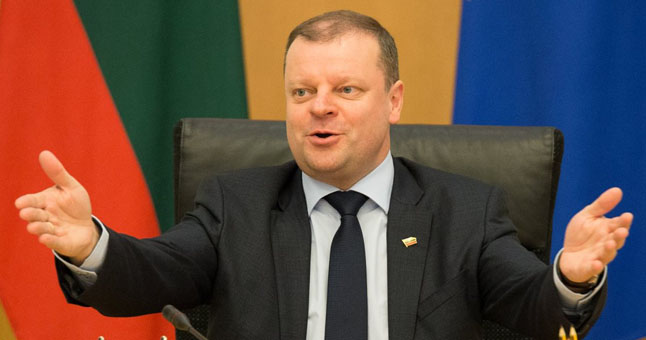
Lithuania’s Prime Minister Skvernelis has adopted a similar tone to his Baltic neighbours, pointing out that his country had a large diaspora population in the UK but that European unity remains paramount.
“Now the ball is in the court of the UK,” Skvernelis said earlier this year, “but I do not see any opportunity for restarting negotiations which were started from zero. Now we have to implement the agreement that has already been achieved.”
Luxembourg - Xavier Bettel
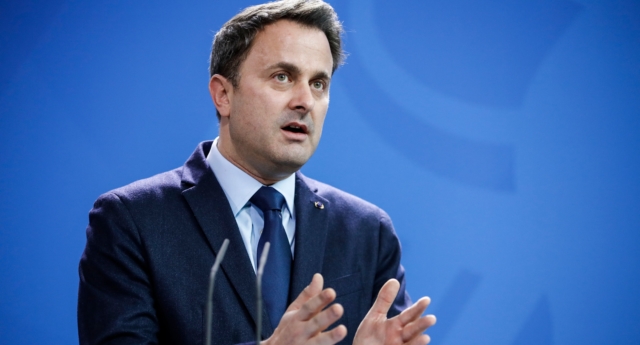
Another of the EU’s anti-Brexit brigade, Bettel famously said in March: “We [the EU] found the best possible deal and we are not in a souk where we are going to bargain for the next five years.”
Malta - Joseph Muscat
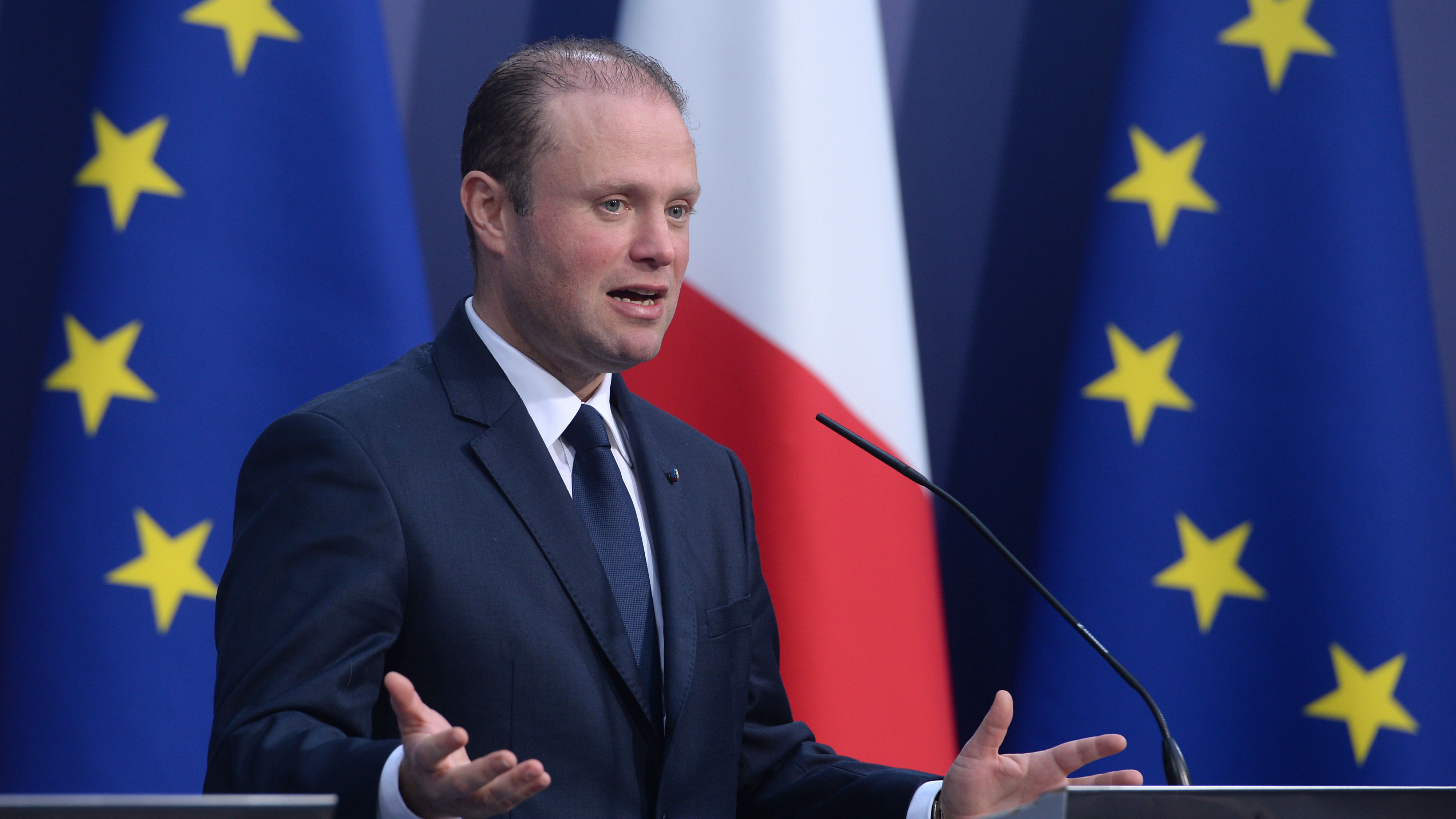
One of the more outspoken of the EU 27, Muscat claimed in September last year that the EU leaders were “almost unanimous” in their desire for a second referendum to be held in the UK. “Our aim should be that, in our generation, we make sure that the European project thrives in a way that the next generation of British politicians ask for their country to approve that the UK rejoins the European Union,” he said, adding “it will be a different EU for sure”.
Netherlands - Mark Rutte
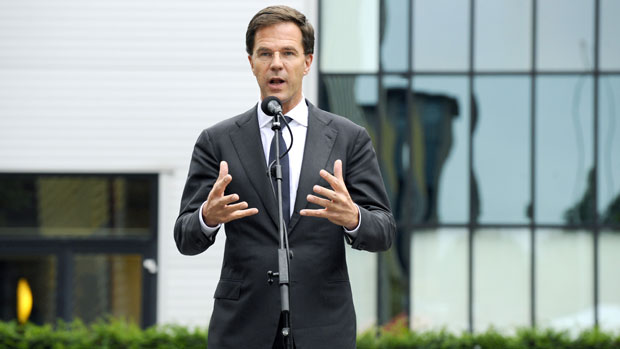
Long heralded as one of May’s closest allies, Rutte shocked many when he said in February: “Who will be left weakened by Brexit is the United Kingdom. It is already weakening, it is a waning country compared to two or three years ago. It is going to become an economy of middling size in the Atlantic Ocean. It is neither the US nor the EU. It is too small to appear on the world stage on its own.”
Poland - Mateusz Morawiecki
Despite Morawiecki joining the calls against a no-deal Brexit scenario - in January he did note that an unintended consequence of the process was the return of Polish citizens to Poland, boosting the country’s domestic prowess.
Portugal - Antonio Costa

Another EU leader keen to avoid no-deal at any cost, Portugal’s PM was one of the few to directly challenge Macron’s hardline stance. He said at the EU’s Brexit summit in April: “We should agree to an extension as long as necessary for the United Kingdom.”
Romania - Viorica Dancila
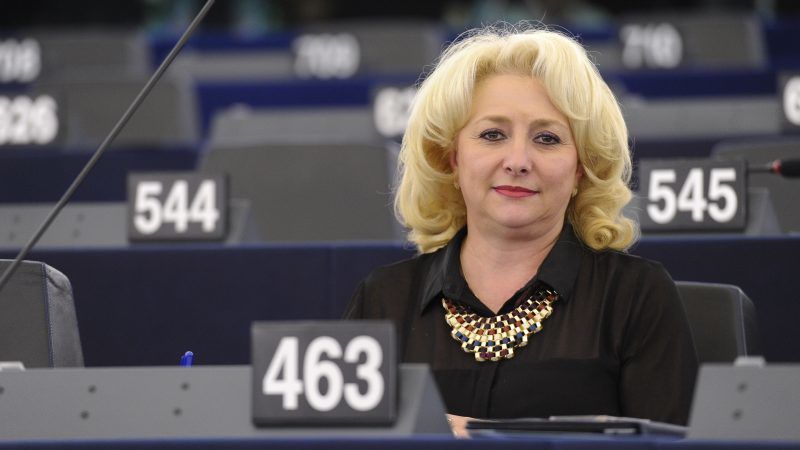
The Romanian PM has had to battle with EU charges that the country under her stewardship is taking an illiberal turn not unlike Poland and Hungary. But despite criticising western European leaders for double standards, Dancila has backed the EU’s Brexit negotiating stance and described herself as “a convinced pro-European”.
Slovakia - Peter Pellegrini
Much like his Portuguese counterpart, the Slovakian PM has consistently backed giving the UK the most amount of time possible in the Brexit negotiations.
Slovenia - Marjan Sarec

The Slovenian prime minister has not been shy in criticising the actions of the UK over the past two and a half years of Brexit negotiations. In March he said: “I would say that the time is up. It’s time to make a decision. We are concerned about what the European Union’s future will be not the UK’s.”
Spain - Pedro Sanchez
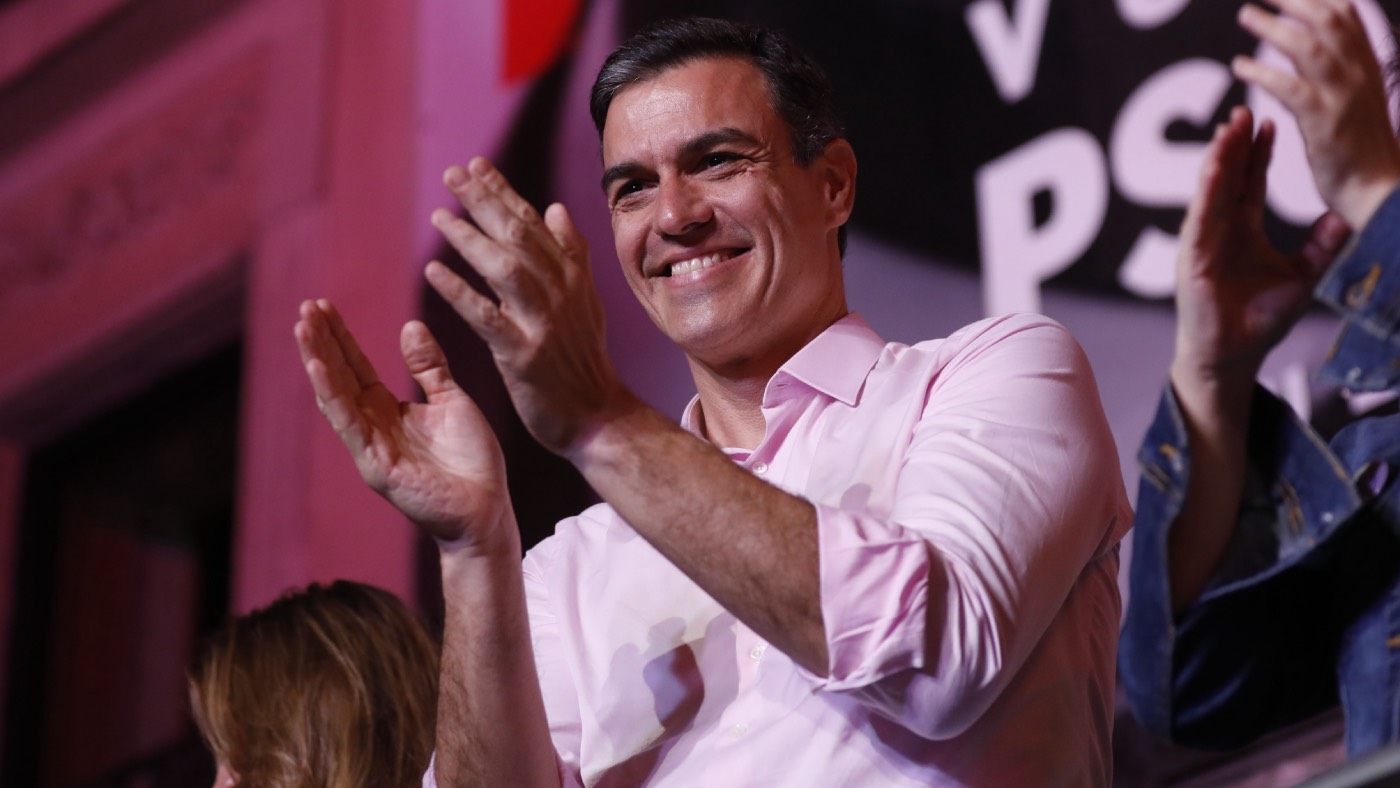
The Spanish PM has drawn parallels between those pushing for Brexit and those who have fought for Catalan independence. “The most important lesson we need to learn from what’s happening in the UK is that when decision-making processes, based on lies, are put in the hands of the people, societies – in this case British society – wind up down a blind alley,” he said in March.
Sweden - Stefan Lofven
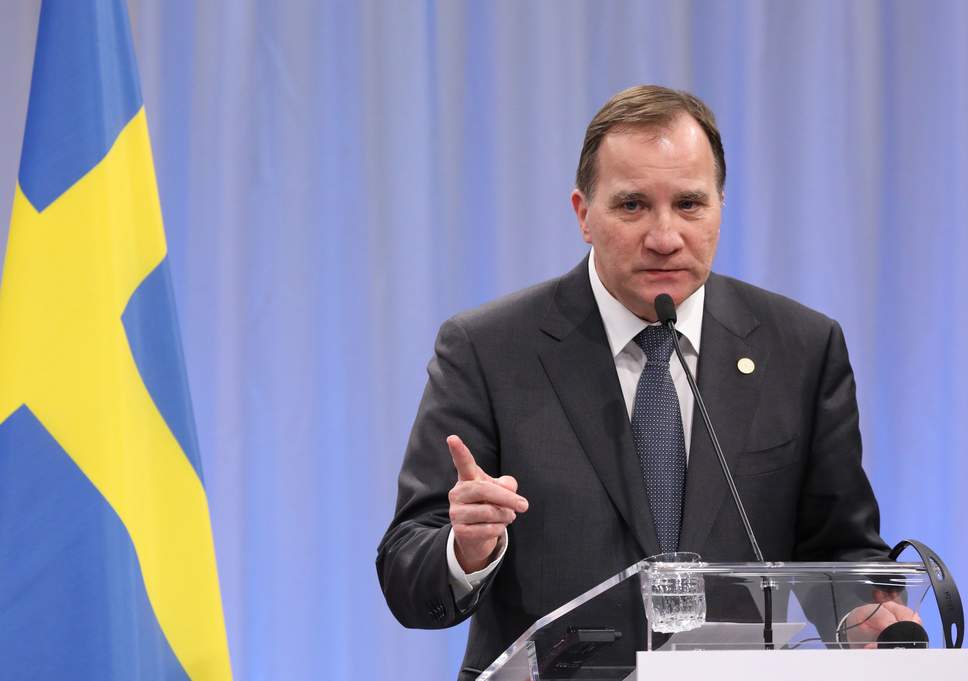
Generally having been critical of the Brexit process, PM Lofven had the warmest of words for May after April’s extension to the Article 50 process was granted. “What’s new this time is that talks between the Tories and Labour have started. We are used to this in Sweden and other countries, that’s how you do things. But in the UK it is not common. It’s unique,” he said.
-
 ‘Restaurateurs have become millionaires’
‘Restaurateurs have become millionaires’Instant Opinion Opinion, comment and editorials of the day
-
 Earth is rapidly approaching a ‘hothouse’ trajectory of warming
Earth is rapidly approaching a ‘hothouse’ trajectory of warmingThe explainer It may become impossible to fix
-
 Health insurance: Premiums soar as ACA subsidies end
Health insurance: Premiums soar as ACA subsidies endFeature 1.4 million people have dropped coverage
-
 Epstein files topple law CEO, roil UK government
Epstein files topple law CEO, roil UK governmentSpeed Read Peter Mandelson, Britain’s former ambassador to the US, is caught up in the scandal
-
 Iran and US prepare to meet after skirmishes
Iran and US prepare to meet after skirmishesSpeed Read The incident comes amid heightened tensions in the Middle East
-
 Grok in the crosshairs as EU launches deepfake porn probe
Grok in the crosshairs as EU launches deepfake porn probeIN THE SPOTLIGHT The European Union has officially begun investigating Elon Musk’s proprietary AI, as regulators zero in on Grok’s porn problem and its impact continent-wide
-
 Israel retrieves final hostage’s body from Gaza
Israel retrieves final hostage’s body from GazaSpeed Read The 24-year-old police officer was killed during the initial Hamas attack
-
 China’s Xi targets top general in growing purge
China’s Xi targets top general in growing purgeSpeed Read Zhang Youxia is being investigated over ‘grave violations’ of the law
-
 Panama and Canada are negotiating over a crucial copper mine
Panama and Canada are negotiating over a crucial copper mineIn the Spotlight Panama is set to make a final decision on the mine this summer
-
 Europe moves troops to Greenland as Trump fixates
Europe moves troops to Greenland as Trump fixatesSpeed Read Foreign ministers of Greenland and Denmark met at the White House yesterday
-
 Why Greenland’s natural resources are nearly impossible to mine
Why Greenland’s natural resources are nearly impossible to mineThe Explainer The country’s natural landscape makes the task extremely difficult